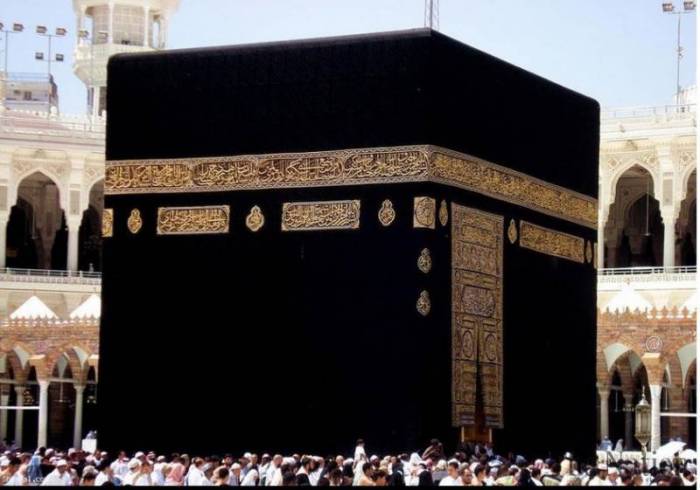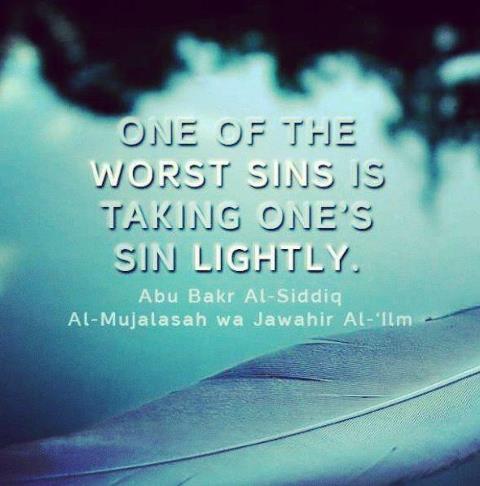The following are some of the names mentioned in the Quran for “The Last Day”.
1- Yawmul-Ba’th (i.e., Day of Resurrection).
It is so-called because it is a day on which people will rise after death.
2- Yawmul-Khuruj (i.e., Day of Emergence).
People will emerge from their graves to the Hereafter.
3- Yawmul-Qiyamah (i.e., Day of Standing).
People will stand before Allah for accountability.
4- Yawmud-Din (i.e., Day of Recompense).
People will be recompensed for all their deeds on that Day.
5- Yawmul-Fasl (i.e., Day of Judgment).
People will be justly judged on that Day.
6- Yawmul-Hashr (i.e., Day of Gathering).
Allah will gather people for recompense.
7- Yawmul-Jam’ (i.e., Day of Assembly).
People will be assembled before Allah for accountability.
8- Yawmul-Hisab (i.e., Day of Accountability).
People will beheld accountable for their deeds on that Day.
9- Yawmul-Wa’id (i.e., Day of Threat).
Allah will carry out His threats to disbelievers on that day.
10- Yawmul-Hasrah (i.e., Day of Regret).
The disbelievers will experience regret on that Day.
11- Yawmul-Khulud (i.e., Day of Eternity),
Life on that Day will be eternal.
12- Ad-Darul-Akhirah (i.e., The Home of the Hereafter).
It is the fmal destination man reaches, as there will be no other home.
13- Darul-Qard (i.e., The Home of Permanent Settlement),
People will settle therein eternally without suffering death or experiencing transition.
14- Darul-Khuld (i.e., The Home of Eternity).
The residence on that Day will last forever.
15- Al-Waqi’ah (i.e., The Occurrence).
It will inevitably occur.
16- Al-Haqqah (i.e., The Inevitable Reality).
It will truly happen and consequently any doubt regarding its occurrence will be refuted.
17- Al-Qari’ah (i.e., The Striking Calamity).
Its clamor will strike ears and hearts.
18- Al-Ghashiyah (i.e., The Overwhelming Event).
It will overwhelm the two worlds of the jinn and mankind.
19- At-Tammah (i.e., The Great Overwhelming Calamity).
It is the greatest and hardest calamity.
20- Al-Azifah (i.e., The Approaching Day).
Its time is drawing near.
21- Yawmut-Taghabun (i.e., Day of Deprivation).
This is the Day of mutual loss and gain (i.e., loss for the disbelievers as they will enter the Hellfire and gain for the believers as they will enter Paradise.
22- Yawmut-Tanad (i.e., The Day of Calling).
Every nation will be summoned with their respective leader. Everyone will call upon the other. The people of Paradise will call upon the people of the Hellfire and vice versa, and so will the Companions of Elevations (those on the levations between Paradise and the Hellfire).
[Guide to sound creed, pg. 268-269, by Saalih al-Fawzaan]

